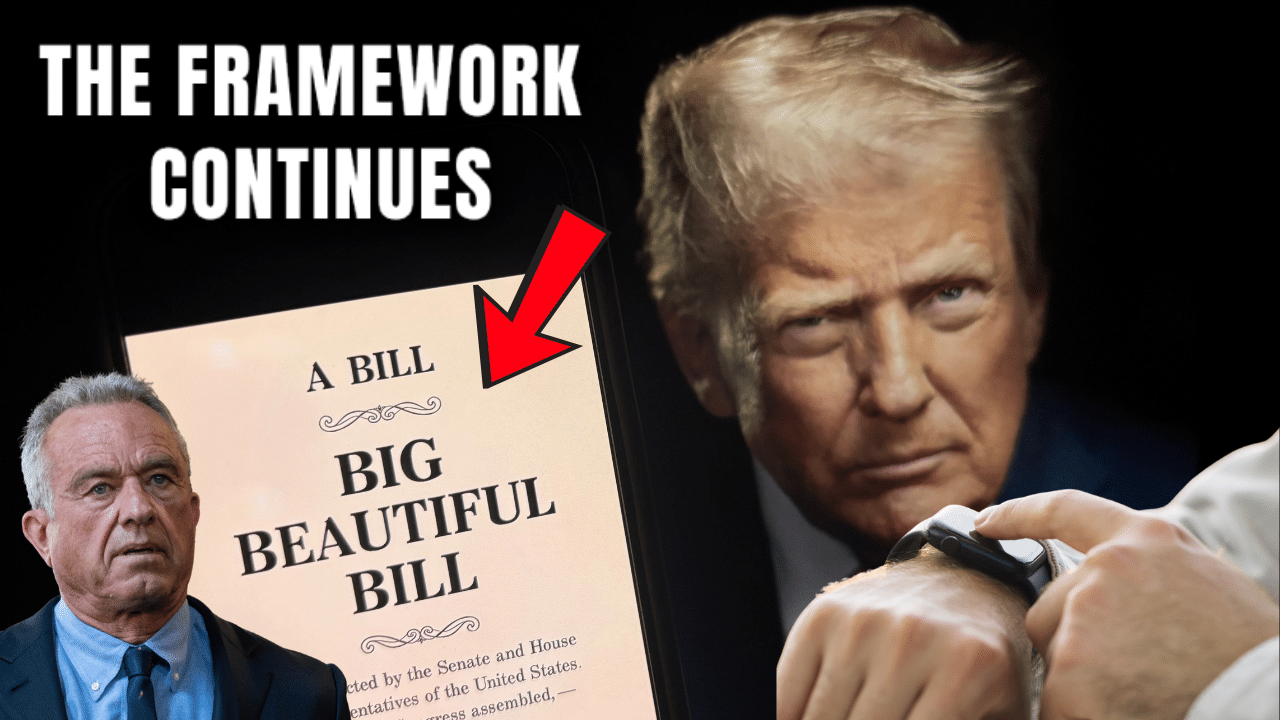Over the weekend, Israel launched a significant ground offensive in Gaza, dubbed “Gideon’s Chariots,” following the departure of US President Donald Trump from the region without securing a ceasefire or hostage deal.
This operation marks a new phase in the ongoing conflict, intensifying tensions as international leaders express growing concern over the humanitarian impact.
The Israeli military initiated its latest operation, “Gideon’s Chariots,” targeting both northern and southern Gaza.
Approved by Israel’s Security Cabinet on May 5, the offensive aims to achieve comprehensive objectives, including defeating Hamas and securing the release of hostages still held in the territory.
Unlike previous operations, the Israeli forces plan to maintain control over captured areas, signaling a strategic shift toward long-term territorial dominance.
Israeli Prime Minister Benjamin Netanyahu announced on Monday that the military intends to “take control of the entire Gaza Strip.” The operation began with intense airstrikes last week, followed by an expanded ground incursion on Sunday.
These actions come after Israel warned for weeks that the offensive would proceed if Hamas did not accept a new hostage deal on Israel’s terms.
The Gaza Strip has faced relentless bombardment, with health authorities reporting that entire families have been killed in recent airstrikes.
Amid the escalating violence, Israel has allowed a limited amount of aid into the besieged enclave, with five trucks entering on Monday, according to the Israeli agency overseeing aid shipments.
However, UN aid chief Tom Fletcher described this delivery as “limited” and insufficient, calling it a “drop in the ocean of what is urgently needed” to address the humanitarian crisis.
The restricted aid flow has drawn sharp criticism from international leaders.
On Monday, the leaders of the United Kingdom, France, and Canada issued a joint statement threatening “concrete actions,” including targeted sanctions, if Israel does not halt its offensive and allow unimpeded humanitarian aid into Gaza.
The offensive follows the failure of indirect talks between Israel and Hamas in Doha, Qatar, which began on Saturday.
The negotiations, aimed at securing a ceasefire and hostage release, have so far yielded no agreement.
The absence of a deal during President Trump’s recent visit to the region has further complicated efforts to de-escalate the conflict.
Israel’s renewed military campaign has heightened fears of a broader regional escalation.
The international community’s response, particularly the threat of sanctions from Western allies, underscores the growing pressure on Israel to address the humanitarian fallout and seek a diplomatic resolution.
For Gazans, the operation exacerbates an already dire situation, with limited access to food, medical supplies, and safe shelter.










